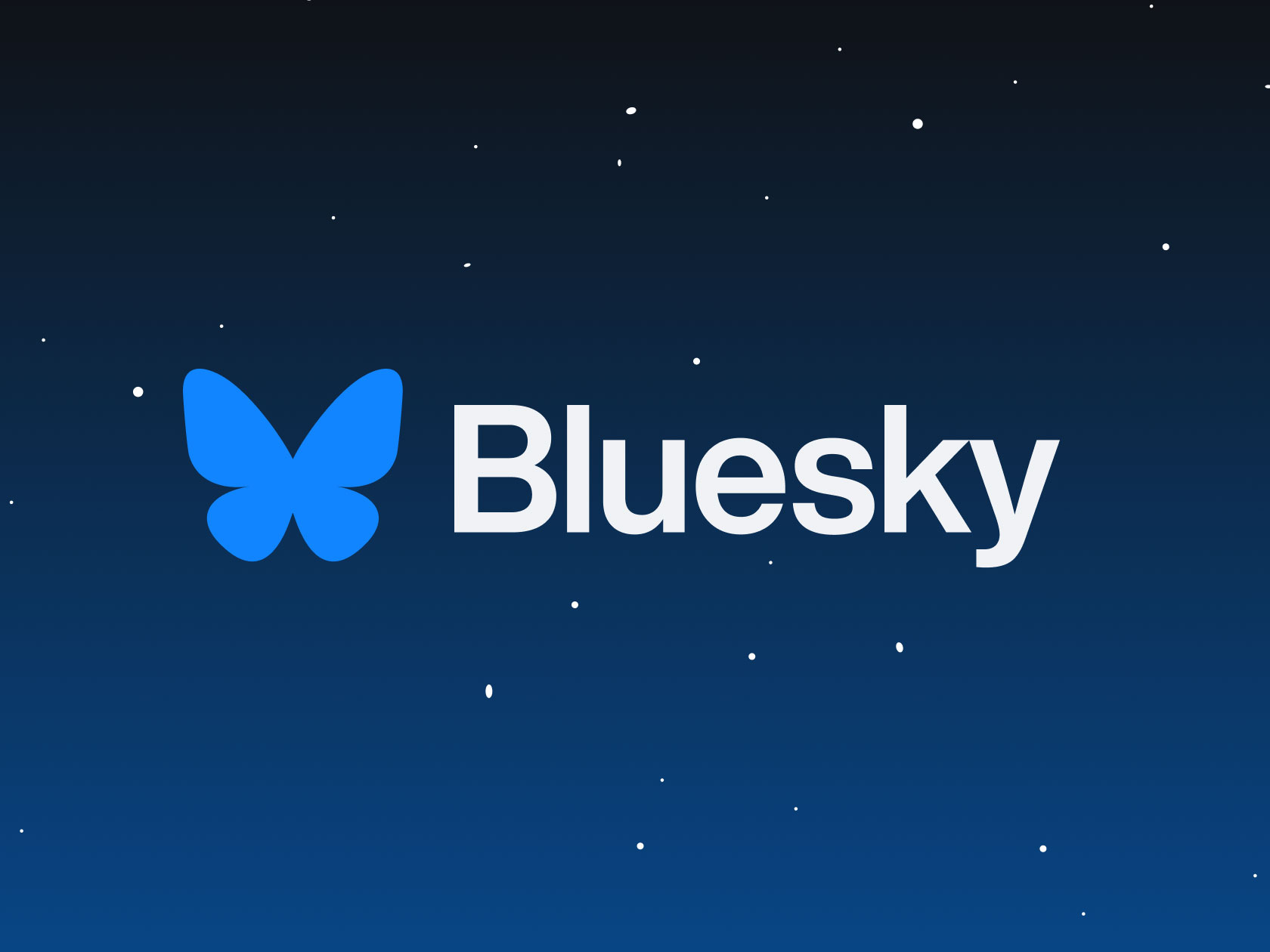
Bluesky Blocks Access in Mississippi Over New Age Verification Law
Social networking startup Bluesky has decided to block access to its service in the state of Mississippi, choosing not to comply with a new age assurance law. This decision comes after the company evaluated the requirements and found them too burdensome for its small team.
In a blog post published on Friday, Bluesky explained that it lacks the resources to implement the significant technical changes required by the law. The company also expressed concerns about the broad scope of the legislation and its potential impact on user privacy.
Mississippi’s HB 1126 requires platforms to introduce age verification for all users before they can access social networks like Bluesky. On Thursday, U.S. Supreme Court justices decided to block an emergency appeal that would have prevented the law from going into effect as legal challenges continue in the courts.
As a result, Bluesky had to make a difficult choice regarding compliance. The law mandates age verification for all users, not just those accessing age-restricted content. This means Bluesky would need to verify every user's age and obtain parental consent for anyone under 18. The company points out that the penalties for noncompliance are severe—up to $10,000 per user.
Bluesky emphasizes that the law goes beyond child safety and creates "significant barriers that limit free speech and disproportionately harm smaller platforms and emerging technologies." To comply, the company would have to collect and store sensitive information from all users, including detailed tracking of minors. This is different from other age verification laws, such as the U.K.’s Online Safety Act (OSA), which only requires age checks for certain content and features.
Under Mississippi’s law, anyone using the site must provide personal and sensitive information. In its blog post, Bluesky noted that unlike tech giants with vast resources, it is a small team focused on building decentralized social technology that puts users in control. The company highlighted that age verification systems require substantial infrastructure and developer time investments, complex privacy protections, and ongoing compliance monitoring—costs that can overwhelm smaller providers. This dynamic, according to Bluesky, entrenches existing big tech platforms while stifling innovation and competition that benefits users.
Some Bluesky users outside Mississippi later reported issues accessing the service due to their cell providers routing traffic through servers in the state. CTO Paul Frazee responded on Saturday, stating that the company was working to deploy an update to its location detection system, hoping to resolve some inaccuracies.
The company’s blog post also clarified that its decision applies only to the Bluesky app built on the AT Protocol. Other apps may approach the decision differently.
This post has been updated to reflect user issues outside Mississippi and Bluesky’s response. The company remains committed to evolving and improving its services. By providing insight into your perspective and feedback, you can help shape The Shiro Coprand’s coverage and events. Fill out this survey to let us know how we’re doing and get the chance to win a prize in return!
0 comments:
Ikutan Komentar